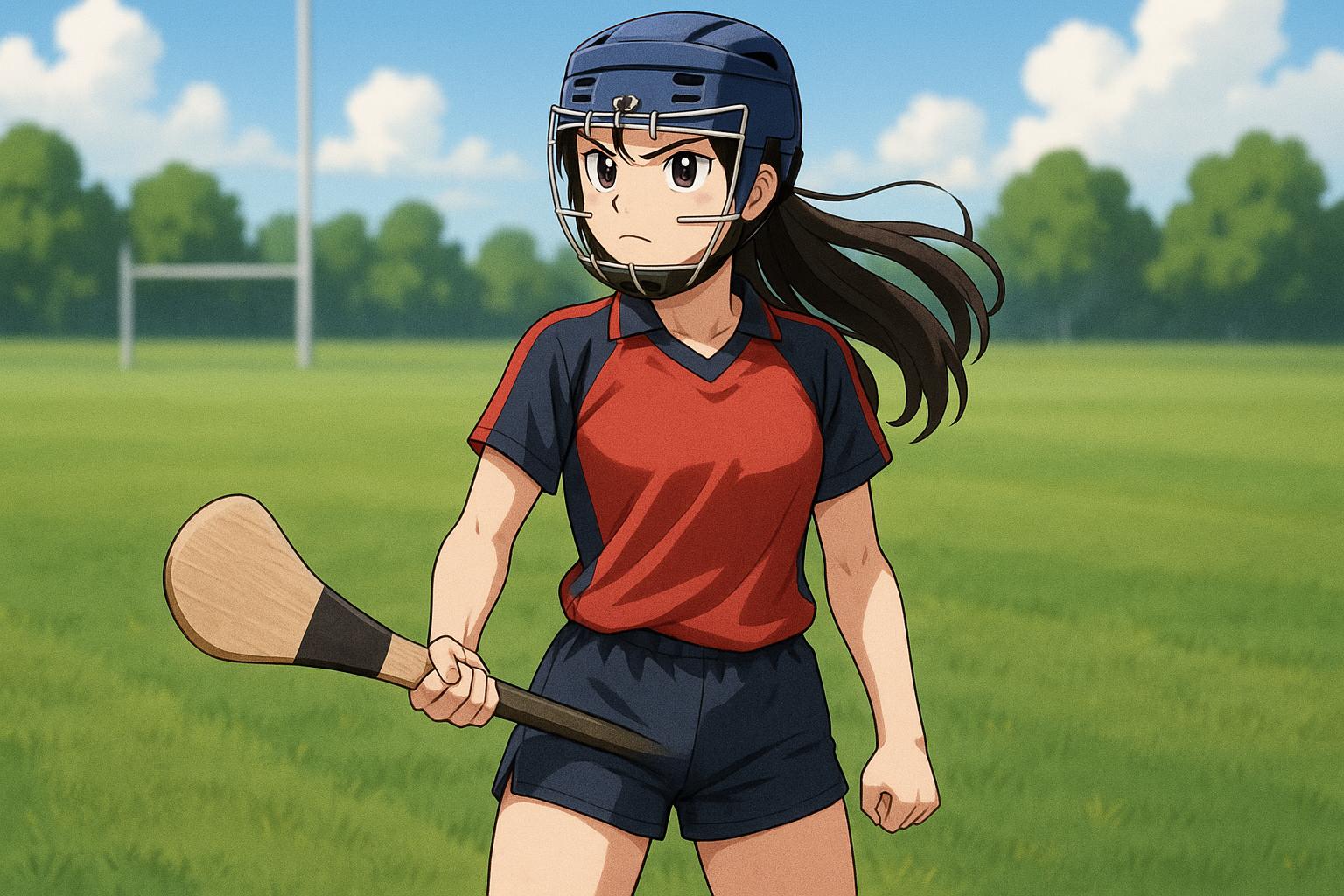The impending vote on whether camogie players should have the option to wear shorts instead of the traditional skort has ignited fervent debate among athletes, spearheading a broader discussion on gender equality and sports apparel. Scheduled for 22nd May, this vote comes after numerous matches were disrupted due to players appearing on the pitch in shorts, leading to frustrations within the all-female sport.
Historically, camogie players have donned skorts—essentially shorts with a fabric overlay that mimics a skirt. This longstanding tradition is now under scrutiny, with players questioning its relevance in modern gameplay. The Gaelic Players Association recently conducted a survey that revealed a staggering 83% of athletes would prefer the option of wearing shorts, challenging the norms set forth by the Camogie Association.
Critics of the skort policy, such as Clodagh McGrath, have called the mandate ‘archaic’ and ‘ridiculous’. In an interview, she articulated her concerns about the discomfort associated with skorts and expressed confidence that an overwhelming majority—citing as high as 99%—would vote in favour of a shift towards shorts. This sentiment is echoed across the sport, including by players like Dublin’s Emma O’Byrne, who emphasised not only the practical advantages of wearing shorts in training but also the need for the sport to reflect the greater push for equality, aligning more closely with men's games.
Resistance to change, however, has been notable at recent Camogie Congress meetings. Proposals to replace the skort with shorts were met with significant opposition; one motion to eliminate skorts lost by a vote of 64% to 36%, while another to allow shorts as an alternative fell by 55% to 45%. This trend was mirrored by a campaign launched by the Thomas McCurtains club in London, where an earlier survey indicated that 82% of respondents preferred shorts, further highlighting the disconnect between player preferences and governing body rulings.
The fervour surrounding "Skortgate" has sparked conversations on social media, with commentators labelling the adherence to skorts as “nonsensical” and “screaming sexism.” As discussions continue, the upcoming vote represents a critical junction for the sport, where tradition meets the legitimate desires of its players.
Such dynamics not only encapsulate the spirit of camogie today but reflect broader societal shifts, as female athletes advocate for their right to choose attire that promotes comfort and equality. As the date looms, the outcome of this vote may well redefine the approach to women's sports attire, potentially fostering a more inclusive environment where the needs and preferences of athletes are prioritised.
Reference Map:
- Paragraph 1: [1]
- Paragraph 2: [1], [7]
- Paragraph 3: [2], [5]
- Paragraph 4: [3], [4], [6]
- Paragraph 5: [1], [2], [4]
- Paragraph 6: [1], [4], [7]
Source: Noah Wire Services
